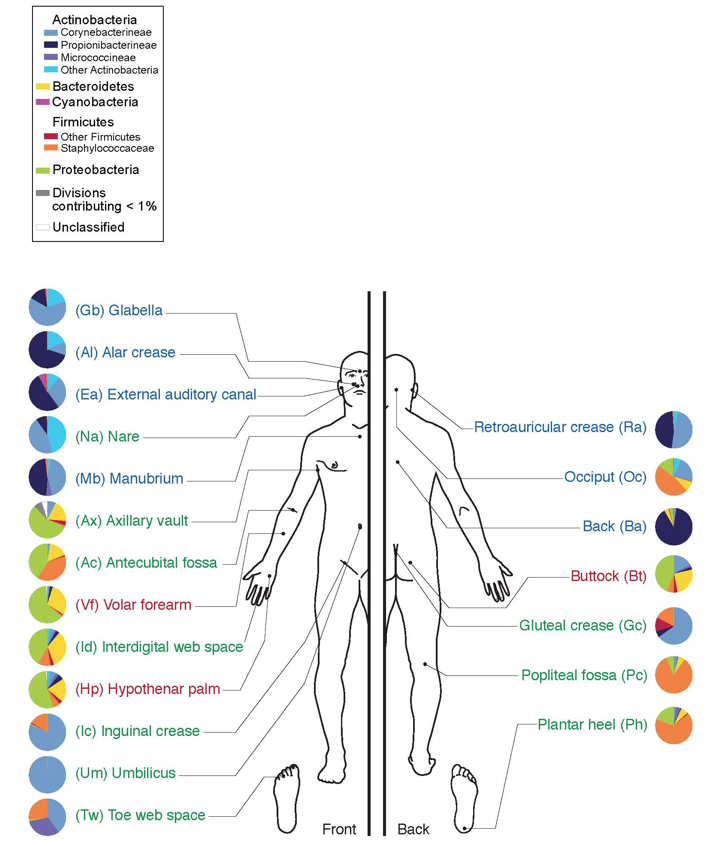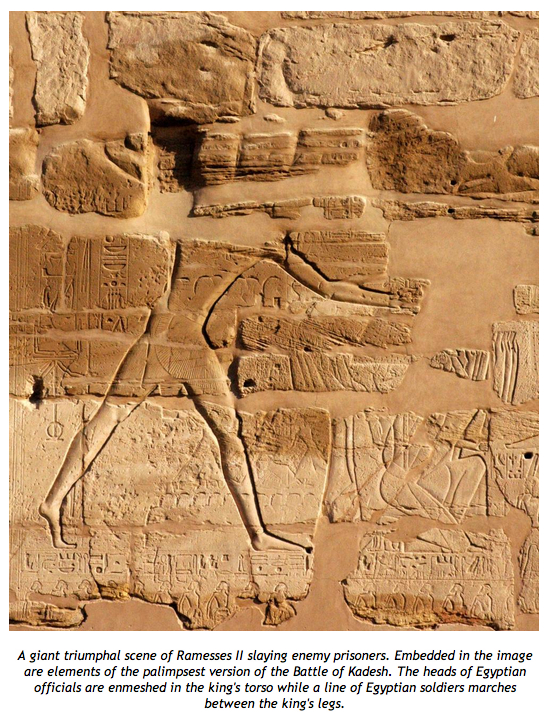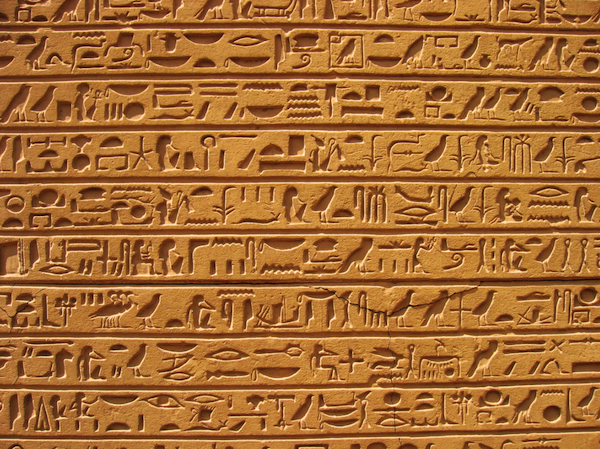تفسير
التفسير الكبير / للإمام
الطبراني (ت 360 هـ) مصنف و مدقق
{ إِيَّاكَ نَعْبُدُ وَإِيَّاكَ نَسْتَعِينُ }
قُلْتَ: نَعْبُدُ؛ ولا يجوز: نَعْبُدُ إياكَ. فإنْ قِيْلَ: لِمَ قدَّم { إِيَّاكَ نَعْبُدُ } وهلاَّ قالَ: نعبدُكَ؟ قيل: إنَّ العربَ إذا ذكرَتْ شَيئين قدَّمت الأهَمَّ فالأهَمَّ؛ ذِكْرُ المعبودِ في هذه الآية أهمُّ من ذكرِ العبادة فقدَّمَهُ عليها.
Makki Ibn Abi Talib
'Iyya is a noun added for Takhsis (Particularization) and indeed not for making definite (for example in place of THE). This is the only application of Iyya know in the language of the Arab.
There is no worship, servitude, except by first seeking aid from Allah.
{ إِيَّاكَ نَعْبُدُ وَإِيَّاكَ نَسْتَعِينُ }
قُلْتَ: نَعْبُدُ؛ ولا يجوز: نَعْبُدُ إياكَ. فإنْ قِيْلَ: لِمَ قدَّم { إِيَّاكَ نَعْبُدُ } وهلاَّ قالَ: نعبدُكَ؟ قيل: إنَّ العربَ إذا ذكرَتْ شَيئين قدَّمت الأهَمَّ فالأهَمَّ؛ ذِكْرُ المعبودِ في هذه الآية أهمُّ من ذكرِ العبادة فقدَّمَهُ عليها.
Makki Ibn Abi Talib
'Iyya is a noun added for Takhsis (Particularization) and indeed not for making definite (for example in place of THE). This is the only application of Iyya know in the language of the Arab.
There is no worship, servitude, except by first seeking aid from Allah.
تفسير تفسير الهدايه إلى بلوغ النهايه/ مكي بن أبي طالب (ت 437 هـ) مصنف و مدقق
{ إِيَّاكَ نَعْبُدُ وَإِيَّاكَ نَسْتَعِينُ }
اختلف النحويون في " إياك وإياه وإياي "؛ فللبصريين فيها قولان:
- أحدهما: أن " إيا " اسم مضمر أضيف إلى ما بعده للبيان لا للتعريف. ولا يعرف في كلام العرب اسم مضمر مضاف إلى ما بعده غير هذا.
وحكى الخليل عن العرب: " إذا بلغ الرجل الستين فإياه وإيا الشواب ". فأضاف " إيا " إلى الشواب للبيان.
- والقول الثاني: مروي عن المبرد قال: " إن " إيا " اسم مبهم أضيف للتخصيص لا للتعريف، ولا يعرف في كلام العرب اسم مبهم أضيف إلى ما بعده غير هذا ".
وللكوفيين في هذا أيضاً ثلاثة أقوال.
- حكى ابن كيسان وغيره. عنهم أن " إياك " بكماله اسم مضمر، ولا يعرف اسم مضمر يتغير آخره غيره، فتقول: " إياه وإياك وإياي ".
- والقول الثاني: إن الكاف والهاء والياء، هن الاسم المضمر في " إياك وإياه وإياي " ، لكنه اسم لا يقوم بنفسه ولا ينفرد ولا يكون إلا متصلاً بما قبله من الأفعال، فلما تقدم على الفعل لم يقم بنفسه فجعل " إيا " عماداً له ليتصل به، ولو أخرت لا تصل المضمر بالفعل واستغنيت عن " إيا " فقلت: " نعبده " و " نعبدك ". وهو اختيار ابن كيسان.
- والقول الثالث: حكاه أيضاً ابن كيسان؛ وهو أن " إيا " اسم مبهم يكنى به / عن المنصوب وزيدت إليه الكاف والهاء والياء في: إياك وإياه وإياي ". " ليعلم المخاطب / من الغائب من المُخْبِر عن نفسه ولا موضع للكاف والهاء والياء من الإعراب، فهي كالكاف في " ذلك " وأرأيتك زيداً ما صنع ". ذكر معنى جميع ذلك ابن كيسان في كتابه في تفسير القرآن وإعرابه ومعانيه.
والعبادة في اللغة التذلل بالطاعة والخضوع.
فمعنى { إِيَّاكَ نَعْبُدُ وَإِيَّاكَ نَسْتَعِينُ }: نذل لك ونخضع بالعبادة لك ونستعين بك على ذلك.
وإنما قدم { نَعْبُدُ } على { نَسْتَعِينُ } وقد علم أن الاستعانة قبل العبادة، والعمل لا يقوم إلا بعون الله، لأن العبادة لا سبيل إليها إلا بالمعونة، والمعان على العبادة لا يكون إلا عابداً. فكل واحد مرتبط بالآخر: لا عمل إلا بمعونة ولا معونة إلا تتبعها عبادة، فلم يكن أحدهما أولى بالتقديم من الآخر، وأيضاً فإن الواو لا توجب ترتيباً عند أكثر النحويين.
Nun: Nexus for Na'Budu
"The human microbiome consists of all the microorganisms that reside in or on the human body. Outnumbering cells in the human body by 10 to 1, some of the microorganisms cause illnesses, but many are necessary for good health."
Source: http://www.sciencedaily.com/releases/2010/05/100520141214.htm
Ibn Ata
Moreover Hu (IT) requires from all the salves to enforce Ibāda (Serfdom, Servitude, Adoration, Devotion) on everything of theirs either Zāhir (Surface Manifest) or Bāten (Hidden Interior) and for this reason the plural term ‘we’ used as in “You we do worship” and not the singular term ‘I’ to indicate the unification of Zāhir (Surface Manifest) and Bāten (Hidden Interior) into one ensemble.
Source: http://www.untiredwithloving.org/tafsir_ibn_ataa_1.html
\Nex"us\, n. [L.]
Connection; tie.
Man is doubtless one by some subtile nexus . . .
extending from the new-born infant to the superannuated
dotard. --De Quincey.
It seems obvious that the plural nature of Na'Budu or Na'Sta'inu as in 'WE worship' or 'We seek' is the collective of worshipers standing in rows of paryers. But more careful examination reveals another possibility: Human being, as an individual is an ensemble of entities forming a:
Corpuscular,
Microbial,
Spiritual,
Organic live,
Unliving matter,
Cellular,
Physiological,
Psychological,
Cognitive,
Non-Cognitive,
Lingual,
Non-Lingual,
Fetal,
Infantile,
Youngling,
Adult,
Aged,
Dying,
Dead,
Grave dwelling Society or Nexus
we comprehend as a human individual!!!
71:14. And Indeed (Hu/He) created you in developing-phases
وَقَدْ خَلَقَكُمْ أَطْوَارًا
Source: http://en.wikipedia.org/wiki/Human_Microbiome_Project

Coda
A foolish king thought that by carving stones or erecting lofty monuments he would become eternal. He failed.
What you carve on your heart and what love deep within shall be eternal. You shall succeed where mighty kings failed.
Q: The kings carved their portraits and conquests into the rocks, what would you carve on your heart?
A: Carve the vector of 'Iyya-Ka
Thus it is best to chant Iyya-Ka as if a Kafir (Disbeliever) and accept to submit to Allah, de novo, upon each recitation.

© 2012-2002, Dara O Shayda
